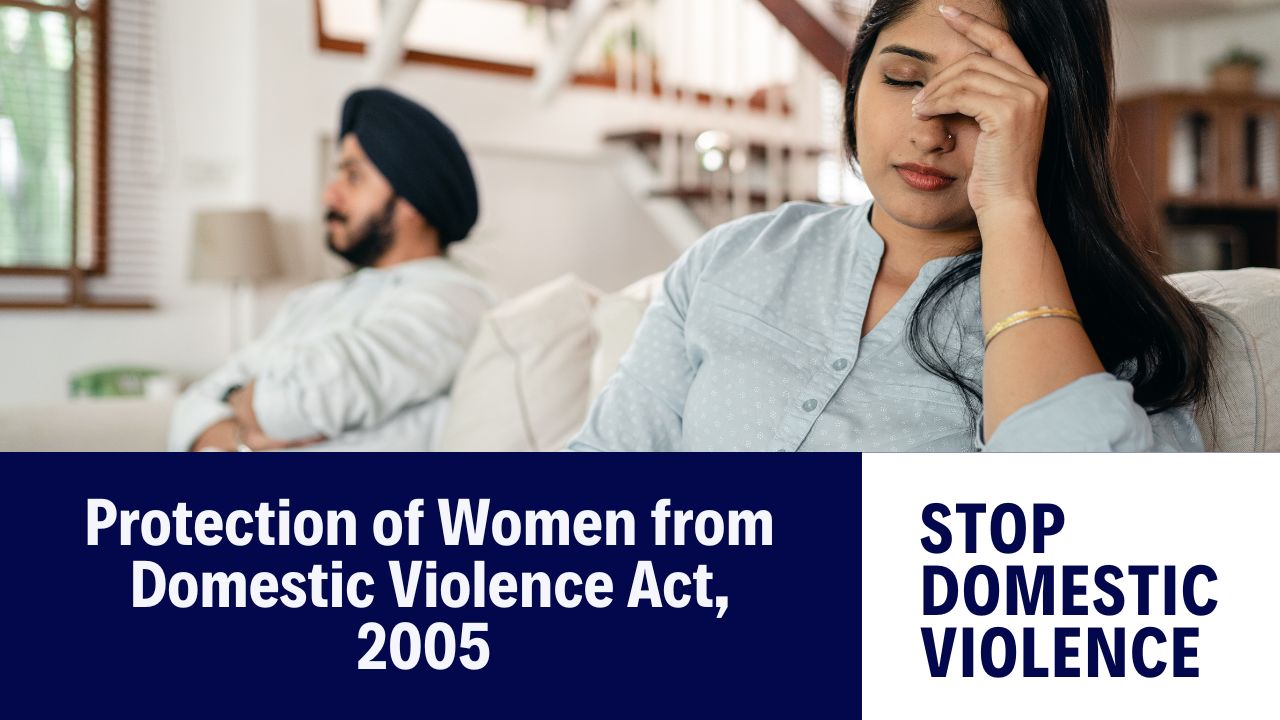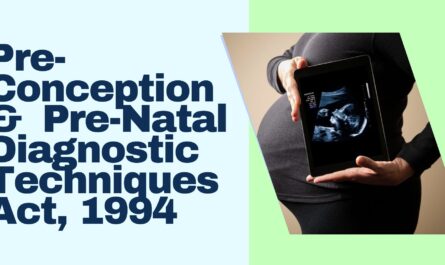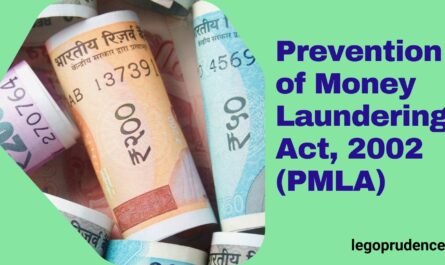Protection of Women from Domestic Violence Act, 2005 includes various forms of abuse and harm inflicted by the respondent on the aggrieved person. Here is an explanation of the different aspects covered under the definition:
Section 3 Definition of Domestic Violence
Health and Safety: Any act, omission, commission, or conduct of the respondent that harms, injures, endangers the health, safety, life, limb, or well-being (mental or physical) of the aggrieved person or tends to do so constitutes domestic violence. This includes physical abuse, sexual abuse, verbal and emotional abuse, and economic abuse.
Coercion for Dowry: Domestic violence also encompasses acts that harass, harm, injure, or endanger the aggrieved person with the intention to coerce her or her relatives to meet unlawful demands for dowry or other property.
Threats and Harm: Actions that threaten the aggrieved person or her relatives by any means mentioned above fall under domestic violence.
Injury or Harm: Any action that causes injury or harm, whether physical or mental, to the aggrieved person is considered domestic violence.
Explanations:
Physical Abuse: Includes acts or conduct that cause bodily pain, harm, danger to life, limb, or health, impair health or development, and covers assault, criminal intimidation, and criminal force.
Sexual Abuse: Encompasses any sexual conduct that abuses, humiliates, degrades, or violates the dignity of a woman.
Verbal and Emotional Abuse: Involves insults, ridicule, humiliation, name-calling, threats of physical harm, and derogatory remarks, especially regarding issues like offspring and repeated threats of physical pain.
Economic Abuse Includes: Deprivation of economic or financial resources entitled to the aggrieved person by law or custom, necessary for household needs, stridhan, property, rental payments related to the shared household, and maintenance.
Disposal or alienation of assets, valuables, property in which the aggrieved person has an interest, or is entitled to use, and restricting access to resources or facilities entitled to the aggrieved person by virtue of the domestic relationship.
Additional Explanations: Consideration of Circumstances: When determining if an act constitutes domestic violence, the overall facts and circumstances of the case must be taken into account.
Section 5 Right to Obtain Relief: The aggrieved person has the right to seek various orders like protection orders, monetary relief, custody orders, residence orders, compensation orders, etc., under this Act.
She should be informed of the availability of services of service providers and Protection Officers.
She has the right to free legal services under the Legal Services Authorities Act, 1987.
She can also file a complaint under section 498A of the Indian Penal Code when relevant.
Police officers must continue to act in accordance with the law upon receiving information about a cognizable offense.
Section 6 Duties of Shelter Homes: Shelter homes must provide shelter to the aggrieved person upon request by her, a Protection Officer, or a service provider.
Section 7 Duties of Medical Facilities: Medical facilities must provide medical aid to the aggrieved person upon request by her, a Protection Officer, or a service provider.
Section 8 Appointment of Protection Officers: State Governments appoint Protection Officers in each district to assist in enforcing the Act. Protection Officers, preferably women, possess prescribed qualifications and experience.
Section 9 Duties and Functions of Protection Officers: Protection Officers have various duties, including assisting the Magistrate, making domestic incident reports, helping in legal aid provision, maintaining lists of service providers, providing shelter homes, medical examinations, ensuring compliance with monetary relief orders, and other prescribed duties.
Section 10 Service Providers: Voluntary associations or registered companies can register as service providers under the Act.
They have powers like recording domestic incident reports, arranging medical examinations, providing shelter, and forwarding reports to relevant authorities.
Service providers are protected from legal proceedings for actions taken in good faith under this Act to prevent domestic violence
Section 12 Application to Magistrate: An aggrieved person, Protection Officer, or another person on behalf of the aggrieved person can apply to the Magistrate for various reliefs under the Act.
The Magistrate must consider any domestic incident report received from the Protection Officer or service provider before passing any order.
The relief sought may include compensation or damages, which does not affect the right to file a separate suit for compensation or damages.
The Magistrate should aim to dispose of each application within sixty days from the first hearing.
Section 14 Counselling: The Magistrate can direct the respondent or the aggrieved person to undergo counseling with a qualified member of a service provider at any stage of the proceedings.
If counseling is directed, the Magistrate should set the next hearing date within two months
Section 17 – Right to reside in a shared household:
Right to Reside: Every woman in a domestic relationship has the right to reside in the shared household, regardless of her ownership interest in the property.
Protection from Eviction: The aggrieved person cannot be evicted from the shared household by the respondent except through legal procedures.
Section 18 – Protection Orders: The Magistrate, upon being satisfied that domestic violence has occurred or is likely, can issue a protection order in favor of the aggrieved person.
The protection order may prohibit the respondent from committing acts of violence, contacting the aggrieved person, alienating assets, causing harm to dependents, or any other specified acts.
Section 19 – Residence Orders: The Magistrate, upon finding domestic violence, can issue a residence order that may include:
Restraining the respondent from disturbing the aggrieved person’s possession of the shared household.
Directing the respondent to vacate the shared household.
Restraining the respondent from entering specific areas of the shared household.
Prohibiting the respondent from alienating the shared household.
Imposing conditions for accommodation or rent payment for the aggrieved person.
Directing the respondent to provide protection or assistance as needed.
Imposing financial obligations on the respondent considering the parties’ financial circumstances.
Directing the return of the aggrieved person’s stridhan or other entitled property
Section 20 – Monetary Reliefs: Monetary Relief: The Magistrate, while addressing an application under section 12, can order the respondent to provide monetary relief to cover expenses and losses suffered by the aggrieved person and any children due to the domestic violence. This relief may include:
Loss of earnings.
Medical expenses.
Loss due to damage or removal of property.
Maintenance for the aggrieved person and children, potentially in addition to other maintenance orders.
Enforcement: If the respondent fails to make payments, the Magistrate can direct the respondent’s employer or debtor to pay a portion of wages or debt directly to the aggrieved person or deposit it with the court for adjustment towards the owed relief.
Section 21 – Custody Orders: Temporary Custody: The Magistrate, during the hearing of an application for a protection order or other relief under the Act, can grant temporary custody of children to the aggrieved person or their representative.
The Magistrate may specify visitation arrangements for the respondent if deemed necessary.
The Magistrate can refuse visitation if it is believed to be harmful to the child’s interests.
Section 22 – Compensation Orders: Compensation: The Magistrate, upon application by the aggrieved person, can issue an order directing the respondent to pay compensation and damages for the injuries, including mental torture and emotional distress, resulting from acts of domestic violence committed by the respondent.
Section 23 – Power to Grant Interim and Ex Parte Orders:
Interim Orders: The Magistrate can pass interim orders that are deemed just and proper in any proceeding under the Act.
Ex Parte Orders: If the Magistrate finds that an application shows prima facie evidence of domestic violence or likelihood of such violence, he may grant an ex parte order based on the aggrieved person’s affidavit under sections 18, 19, 20, 21, or 22 against the respondent.
Section 26 – Relief in Other Suits and Legal Proceedings: Seeking Relief: Any relief available under sections 18, 19, 20, 21, and 22 can also be sought in legal proceedings before civil, family, or criminal courts that involve the aggrieved person and the respondent, regardless of when the proceedings were initiated.
Additional Relief: These reliefs can be sought in addition to any other relief the aggrieved person may seek in such suits or legal proceedings before civil or criminal courts.
Informing the Magistrate: If the aggrieved person obtains relief in proceedings outside this Act, she must inform the Magistrate about the granted relief.



